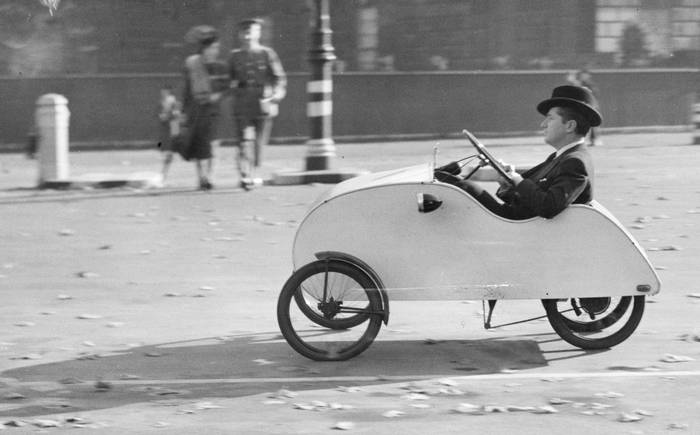Car clinic: Company car tax explained

IF YOUR employer makes a company car available to you for private use, you will be liable for “benefit in kind” (BIK) tax on it and any fuel that is provided for private use. To calculate what that charge will mean to you add up the car’s price, including VAT, delivery and the cost of any options that have been fitted.
Ignore accessories that are not fixed to the car such as floor mats and any equipment that your employer has provided for you to be able to do your job. Deduct any financial contribution you made towards the cost of the car or its options, too. The resulting figure is the car’s P11D value.
You will be taxed at the highest rate you pay on a percentage, determined by the car’s CO emissions figure and the fuel it uses, of that value. Basic-rate taxpayers have to stump up 20% of that sum, higher-rate taxpayers 40% and those on the top rate, 50%. Deductions will be made each month from your salary.
For example, in the tax year 2012-13, a petrol car emitting 76-100g/km will be taxed on 10% of its P11D value, and a car emitting 221g/km or more on 35%. Rates for diesels are three percentage points higher, up to a maximum of 35%. For this reason, you should check if the diesel car’s higher purchase price, hence its higher P11D value, doesn’t outweigh the benefit of its being in a lower tax band than a cheaper, petrol car.
Rates are changing in coming years. In April 2015 the appropriate percentage for zero emission and all low-carbon cars emitting less than 95g/km will be 13% and will increase by 2% from April 2016. From April 2015 electric cars, currently exempt, will be taxed on 9% of their P11D value. From April 2016 the 3% diesel surcharge ends, meaning such cars will be taxed on the same percentages as petrol models. There’s a handy table detailing the upcoming changes, plus a BIK car tax calculator, at hmrc.gov.uk.




